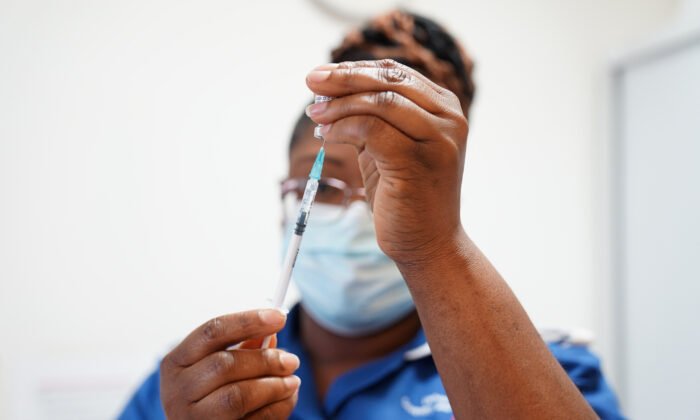Admissions Head Finds Decline in Mature Students Applying for Nursing Courses
Applications for nursing from students aged over 30 have fallen by 11 percent since 2023, a concerning trend when the NHS is facing a recruitment crisis.
There has been a concerning decline in the number of mature students from the UK applying for nursing and teaching courses, the head of the University and Colleges Admissions Service (UCAS) has warned.
UCAS Chief Executive Jo Saxton made the comments after the admissions service had seen a 15 percent drop across all courses in the number of domestic applications from people aged 30 and over, between 2023 and 2024.
Nursing Applications Down
According to UCAS figures for applications made by the June 30 deadline, 34,460 over 30s had applied for university courses, down from 40,650 in 2023.
Nursing applications from over 30s fell from 14,900 last year to 13,210 this year, a decrease of 11 percent.
Mature prospective nurses also generally make up the bulk of all over 30s applications, this year accounting for almost one-third (32 percent).
Saxton told HEPI Director Nick Hillman that a possible reason for the decline in mature student applications could be the recent low unemployment rate, relating that over the past decade there had been a trend where during times of high unemployment, UCAS saw an increased number of mature applicants to those kinds of courses.
“I think that’s partly why those applications aren’t where the nation needs them to be at the the moment,” she said.
The Royal College of Nursing (RCN) had urged the then-Conservative government to fund nursing student tuition fees, implement a loan forgiveness scheme for NHS nurses, and reintroduce universal living maintenance grants.
The RCN’s General Secretary and Chief Executive Pat Cullen had warned that “a decline in applicants risks causing a cascading effect, with fewer students accepted onto nursing courses leading to diminished course cohorts and eventually lower numbers graduating and becoming registered nurses.”
NHS ‘Reliant’ on Immigrants
The UCAS chief said that her service was working with NHS England to see how it can help boost domestic applications—likely a welcome measure from those in the sector concerned about the health service’s reliance on overseas workers.
Analysis by PA news agency found a record-breaking 20.4 percent of NHS England posts are filled by foreign nationals, including 36.3 percent of doctors and 30 percent of nurses and health visitors, prompting industry professionals to issue warnings over the importance of training domestic talent.
The Nuffield Trust think tank was one organisation which warned against the dependence on using overseas staff in health care, calling it “far from a sustainable, long-term solution.”
Leaders in the health care professions have also said that retention is just as important as recruitment.
Danny Mortimer, chief executive of NHS Employers, said in February that keeping staff “will be key in the short term to preventing pressures from worsening and ensuring the recruitment base we are looking to build from has solid foundations.”





